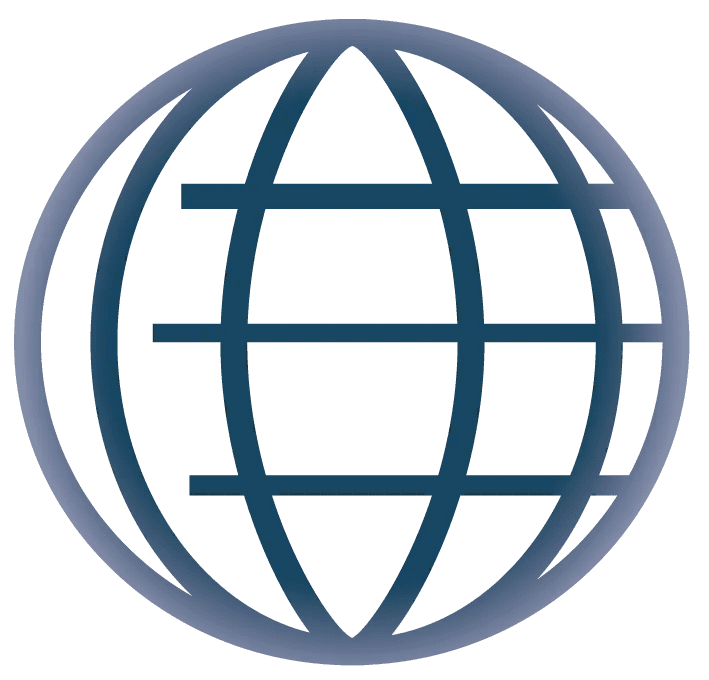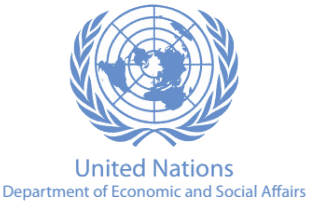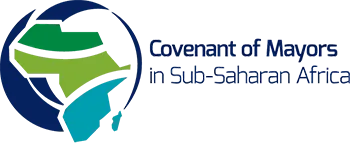Developing & Using Business Models
Issue
Trillions of funds are available for investments to achieve the SDGs and Climate Goals, but the key barrier to finance is the lack of bankable projects. To unlock finance, projects need to be financially sustainable using business models that credibly demonstrate how revenues can be generated (in some cases blended with other finance) to cover capital expenditures and operations & maintenance.
Solutions
A significant investment in the development and use of business models can unlock funding for achieving the SDGs and Climate Goals. The foundational basis for credit due diligence is the assessment of the business model of each project being used to achieve long-term financial sustainability. Development finance has evolved from sovereign lending to credit-based lending; hence the requirement to invest in building the financial sustainability of SDG and Climate Goal projects.
Moreover, the investment in the development of business models needs to integrate the new opportunities emerging from digitalization and new technologies. The use of digitalization has improved the potential for creditworthiness on several fronts. It is logistically easier to ringfence revenues through on-line payment systems, also reducing transactional costs and fraud risks. In addition, digital technology improves the ability to locate assets, and even disable them in some cases of non-payment.
To scale up the use of business models, a business model campaign needs to be implemented, as policymakers and finance providers need to integrate new business models into their respective decision-making processes related to project design and ownership.
Details on Solution
To optimize business models for financial sustainability, project owners need to consider the full range of ownership models. The menu is large, encompassing several options such as publicly owned and managed, community-based and managed, private sector owned and managed, and Public-Private Partnerships (PPPs). The table below illustrates the range of ownership options for solar mini-grids.
Indicative Ownership Models for Solar Mini-Grid Projects

To create financial sustainability, it is important to also diversify to the extent possible the funding sources for a project. For example, blended finance models have been developed for flood risk management, as shown below.
Blended Finance Model for Flood Management

For more details, please see the business models set forth in the Finance Roadmap for Climate Projects authored by GlobalDF and supported by GIZ by clicking here.
Invitation to Partner
GlobalDF invites interested parties to increase the capacity of governments and project owners to optimize the use of business models to increase access to finance. Please contact us by clicking here.




